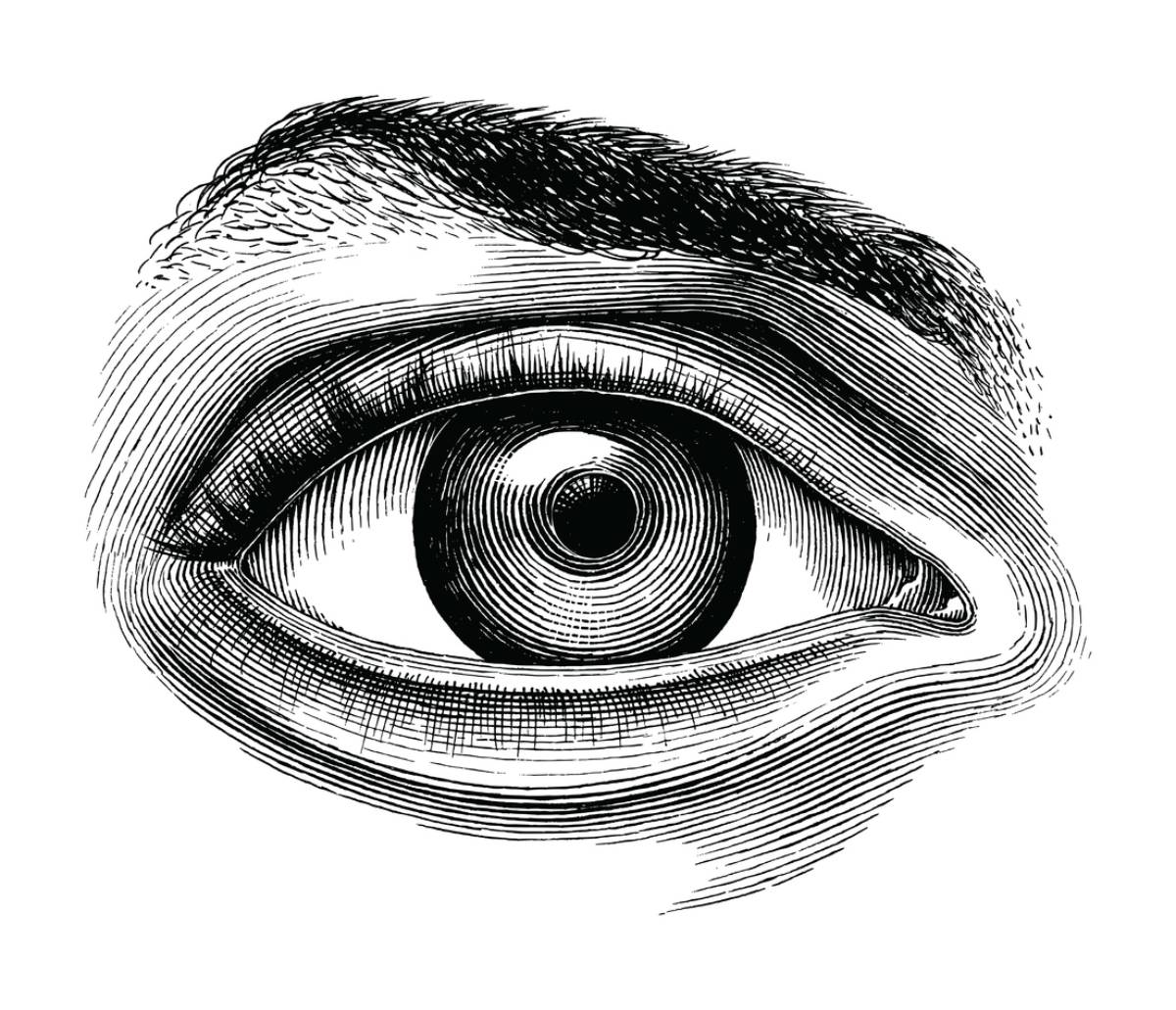Saggy eyelids occur when your upper eyelids droop down. Also referred to as “ptosis,” droopy eyelids can often be addressed with surgery (depending on the cause). The surgical intervention may be cosmetic as it can improve your appearance. However, sometimes droopy eyelid surgery may be necessary if it impacts your vision. There are a number of factors that can cause sagging eyelids. Many even wonder, are saggy eyelids genetic?
Are Saggy Eyelids Genetic?
Genetics play a factor in your risk for droopy eyelids. There are two ways genetics can play a factor in your risk for droopy eyelids.
Present at Birth:
Congenital ptosis is present at birth, or very shortly thereafter, in or both eyelids. The medical community has hypothesized that congenital ptosis has genetic causes.
Genetics and Your Skin:
Depending on your genetics, your skin may have more elasticity than others. Collagen and elastin help keep your skin tight and smooth. If you notice close family members with saggy eyelids, it may very well impact you as well. However, the natural aging process and certain lifestyle factors can also contribute to droopy eyelids.
Droopy Eyelid Risk Factors
There are a number of factors that can increase your risk for droopy eyelids. Consider the following and adjust your habits accordingly to reduce your risk.
Eyelid Rubbing:
The muscle above your eye is referred to as the levator muscle. When you rub your eyelids, it can stretch out. When the muscle is stretched out it can result in saggy eyelids. Avoid rubbing your eyes and contact your doctor if you have issues with chronic, itchy eyes.
Sun Exposure:
Sun exposure can have a major impact on your skin, especially the skin around your eyes. This is because the skin around your eyes is much thinner and more susceptible to damage. Avoid skin damage caused by sun exposure and use at least SPF 30 every day.
Contact Lens Usage:
Research has shown that both hard and soft contact lenses can contribute to premature eyelid drooping. Pulling on your eye area as you put in your contacts can unnecessarily stretch the levator muscle in your eye. Opt for glasses or consider Lasik to avoid putting excess strain on your eyelids.
Weight Fluctuations:
When you gain weight rapidly it can stretch out your skin. Losing a lot of weight quickly can result in skin sagging. If you gained a substantial amount of weight, focus on slowly getting back into shape. This may help reduce the amount of excess skin you have once you reach your goal weight.
Natural Aging:
The natural aging process is one of the more common risk factors for droopy eyelids. This is because the natural proteins in your skin begin to decrease in your late 20s and early 30s. This can result in sagging skin, fine lines, and wrinkles. While you cannot avoid the aging process, focus on living a healthy lifestyle to minimize the impact of the natural aging process.
Smoking:
Smoking has a terrible impact on your skin and your overall health. The skin around your eyes is especially susceptible to damage as it is much thinner than the rest of your skin. Avoiding smoking due to the negative consequences it can have on your health and appearance.
Sagging Eyelid Surgery
If you are unhappy with the appearance of your eyelids, consider sagging eyelid surgery in Orange County. Dr. Jeffrey Joseph at Ophthalmic Plastic Surgery is the top eyelid surgeon in Orange County. The first step in moving forward with your cosmetic journey is to set up a consultation! Contact the team at Ophthalmic Plastic Surgery today to schedule an appointment!
